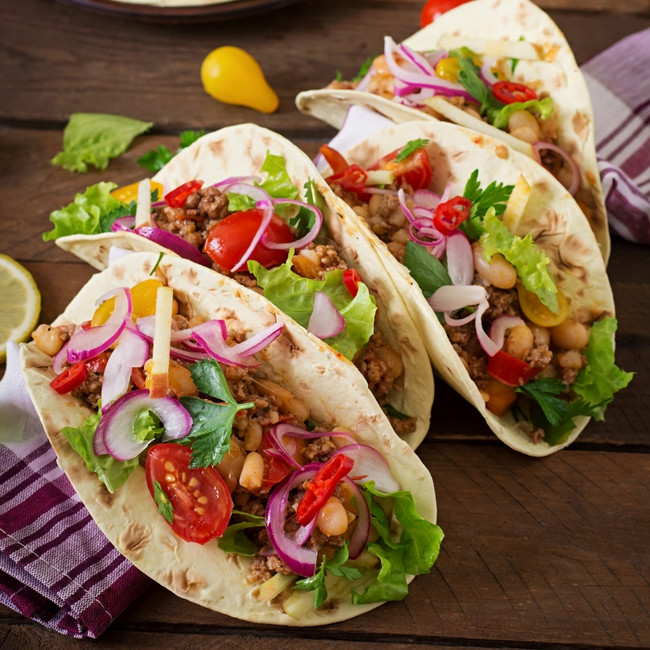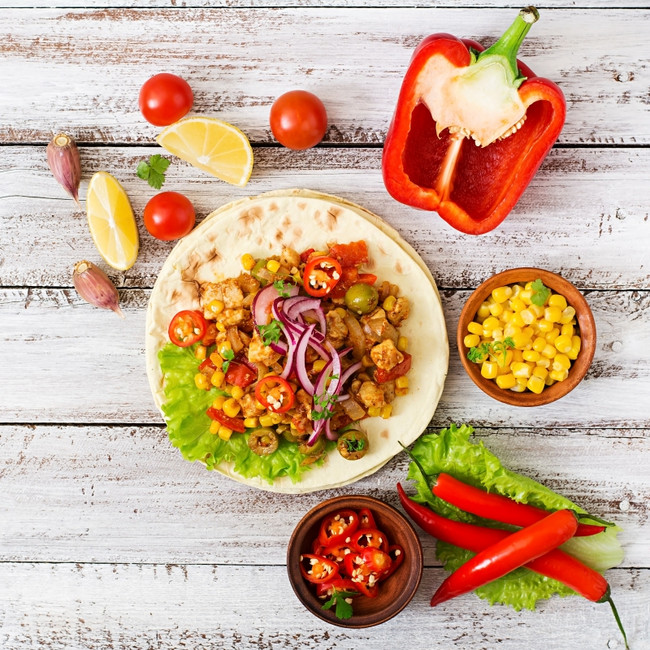✕



✕

Tag’╝Üwhite corn exports Mexico grain 2023-01-18 13:19

┬Ā
The Mexican government has introduced a 50% tariff on white corn exports, one of the countryŌĆÖs staple foods. The levy will be in place until at least June and comes as Mexico tries to stabilize prices and keep the essential white corn, usually used for tortillas, in the country.
ŌĆ£The supply and production of white corn in our country are important factors in determining its price and, therefore, of the various consumer products made from it,ŌĆØ says the decree published in MexicoŌĆÖs official gazette.
The government is also concerned about maintaining an adequate commodity supply and reducing food inflation.
The gazette details how corn is a ŌĆ£basic foodŌĆØ in Mexicans diets and an important source of calories, with a per capita consumption of 332 kg per year.
┬Ā
Fighting food inflation
┬Ā
The country suffered consistent double-digit food inflation during every month of 2022, starting the year at an 11.9% inflation rate and ending it at 12.7%, according to the Mexican National Institute of Statistics and Geographic.
┬Ā

Corn is a ŌĆ£basic foodŌĆØ in Mexicans diets and an important source of calories, with a per capita consumption of 332 kg per year.
┬Ā
Last October, the nationŌĆÖs Federal Consumer Protection Agency explained that the country doesnŌĆÖt have problems with demand-driven inflation ŌĆō like the US ŌĆō but with maintaining a stable and adequate supply of foodstuff.
Most of MexicoŌĆÖs major food producers halted all their white corn exports ŌĆō as well as sardines and scrap metal used for food containers ŌĆō in October in order to tackle soaring prices.
The nationŌĆÖs target was to lower by 8% the costs of commonly consumed 24 food staples, with a target of a 3% reduction between October 2022 and February 2023 of corn prices.
However, according to the National System of Information and Market Integration, the average price per KG of a tortilla is currently ŌĆō as of yesterday ŌĆō 22.12 pesos (US$1.18) compared to 21.72 pesos (US$1.16) at the start of October.
┬Ā
Ineffective tariffs
┬Ā
Protectionist moves to keep prices under control have not always played out as intended by national governments. The Mexican government is on track to miss the price targets they set when they introduced defensive trade measures last October.
Indonesia moved in April last year to lower palm oil prices through a palm oil export ban that was proven too effective as prices spiraled down far more than authorities wanted. Indonesia removed the ban some weeks later, however vegetable oil prices have continued to go down month after month and are now at a March 2021 low.
In Argentina, attempts to control inflation by blocking beef exports have proved unsuccessful, with food inflation increasing to 95% in December 2022.
Meanwhile, a regulatory move to ban wheat exports in India didnŌĆÖt prevent price leaps, with the local government admitting that it boosted local prices.
House of Lords report urges complete ban on junk food advertising
Clinical research finds daily pistachio consumption may ŌĆ£significantly improve eye healthŌĆØ
Nestl├® taps diverse food trends with ready-to-prepare Asian and Mexican culinary products
Symrise bolsters regenerative farming to secure stable supply for natural ingredients
Daymer Ingredients to distribute RevyveŌĆÖs egg-replacing texturizers in the UK
About Us Terms of Service Privacy Policy Contact Us
Hotline(+86)17301604571
 Enterprise WeChat
Enterprise WeChat
for Client Service
 EZBuy
EZBuy
WeChat APP
Sinoexpo Digital Platform
Shanghai Sinoexpo Informa Markets International Exhibition Co., Ltd. All rights reserved
µ▓¬ICPÕżć05034851ÕÅĘ-77
 µ▓¬Õģ¼ńĮæÕ«ēÕżć31010402000543ÕÅĘ
µ▓¬Õģ¼ńĮæÕ«ēÕżć31010402000543ÕÅĘ